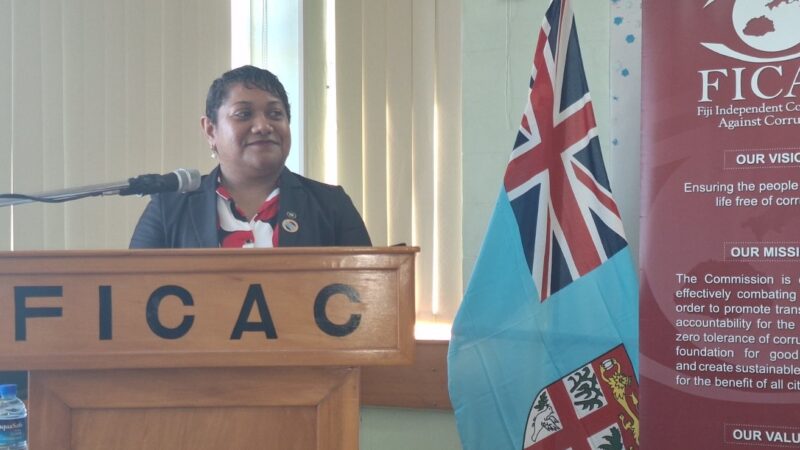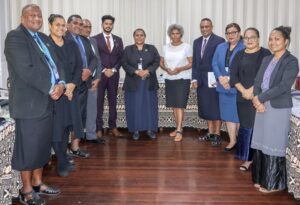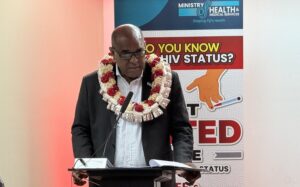Fiji’s Independent Commission Against Corruption (FICAC) is reviewing past cases, including those handled by previous management.
This move comes amid efforts to change perceptions about the institution, which has struggled with credibility issues due to earlier case management.
Acting Deputy Commissioner Francis Puleiwai, who returned to FICAC in November last year, is leading these reforms.
Since taking office, Puleiwai has implemented a strategic review of past cases, reassessing evidence and determining whether cases should be pursued or withdrawn based on available evidence and the status of witnesses.
“We had to strategise, and then relook at some of the previous cases,” Puleiwai said, “Some of the cases we have withdrawn and some we’ve entered a nolle prosequi (decision not to prosecute)…cases that we not only receive representations, but through the assessment of the legal officers.”
“So that is what we have done there and try and see in terms of the witnesses, whether they are still alive, and it’s no use pursuing those matters because nobody will be coming to court to [give] evidence. Right now the cases that we currently have in court are those cases that have been reassessed by the team, and we have the witnesses and we also have evidence, but in terms of receiving, we continue to receive representations from the different defense counsels and the assessment is done as well by the team.”
FICAC’s renewed commitment includes thorough investigations of all complaints and cases, ensuring due justice regardless of individuals’ status or position. The agency is also expanding its advocacy and awareness efforts, targeting public servants, grassroots communities, and students, including those at the primary school level. FICAC has also established two new units including an economic crime unit focused on unexplained wealth and proceeds of crime, and another dedicated to data.
The current management has been focused on enhancing transparency and accountability by conducting regular audits and reporting to the President and the Attorney General.
“This is what we are trying to do at the moment. Not only being transparent, but we are being accountable for each other and what we are doing here because at the end of the day, we are being paid by the taxpayers and we have to hold ourselves, especially for this institution. I usually remind the offices that each of us holds a very high standard and we have to comply with that standard.”
Puleiwai was appointed on November 20 last year for a three-year term.









